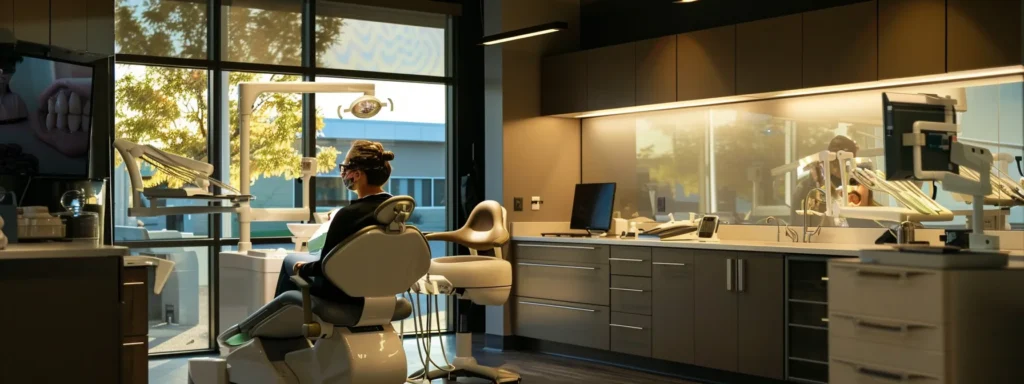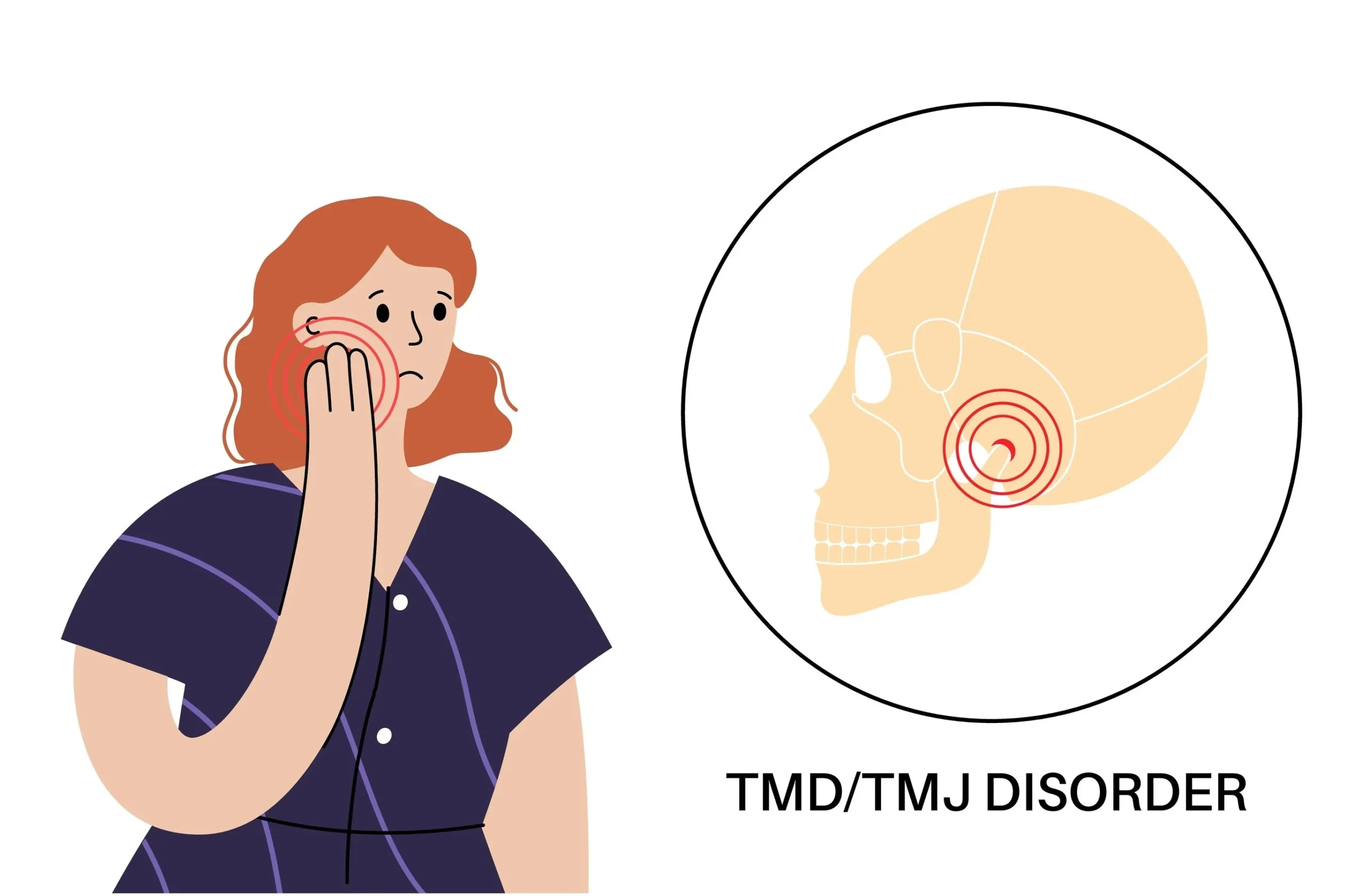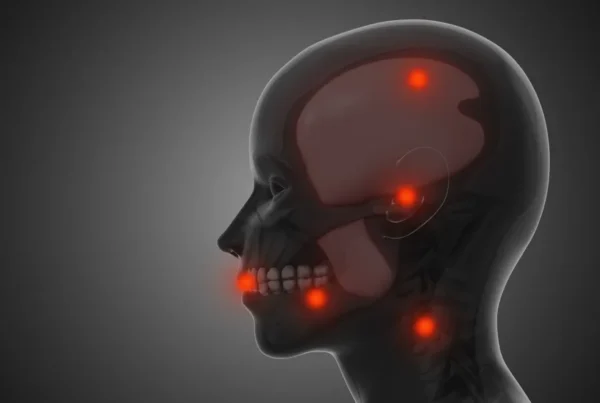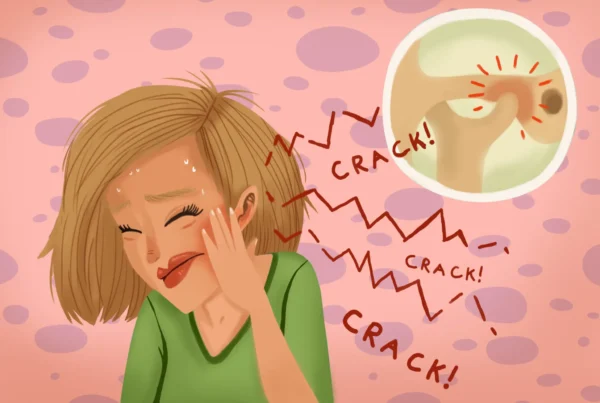At Randall Dentistry in Dallas, Dr. Drew Randall emphasizes that jaw injuries, whether caused by contact sports, falls, or even minor accidents, can be a silent trigger for temporomandibular joint (TMJ) disorders. While a bruised chin or a bumped jaw might seem harmless at first, these injuries often lead to inflammation, joint misalignment, and muscle strain. Over time, if left unaddressed, even mild trauma can evolve into persistent jaw pain, limited motion, and headaches.
Recognizing early signs such as jaw clicking, soreness, or bite changes is key to preventing long-term damage. Dr. Randall stresses the importance of early intervention with non-invasive treatments like customized oral appliances and therapeutic exercises. These measures can prevent short-term discomfort from becoming chronic TMJ dysfunction.
How Jaw Injuries Affect the Temporomandibular Joint
The TMJ is a small but powerful hinge connecting your jawbone to your skull. Because of its location and constant use, during talking, chewing, or yawning, it’s highly vulnerable to injury. A seemingly minor blow can cause inflammation or disrupt the delicate alignment of the joint and surrounding muscles.
Following trauma, many patients develop symptoms like stiffness, pain when chewing, or facial tenderness. Dr. Randall utilizes advanced diagnostics, including digital X-rays and 3D jaw imaging, to assess internal joint damage and muscle strain. Prompt evaluation is critical. The earlier the injury is diagnosed, the more treatment options are available, reducing the likelihood of requiring surgical correction later.
Personalized Recovery: The Randall Dentistry Approach
Recovery from TMJ-related jaw injuries isn’t one-size-fits-all. Dr. Randall tailors treatment based on each patient’s condition, age, lifestyle, and health history. At Randall Dentistry, the recovery plan begins with a detailed consultation, where patients receive a custom roadmap for care that may include physical therapy, bite adjustments, and therapeutic appliances.
Rather than relying on pain medications or invasive surgery, the focus is on functional rehabilitation. Treatments like low-impact jaw exercises, cold therapy, and night guards are used to reduce inflammation and stabilize the bite. This conservative yet effective strategy ensures long-term comfort and minimizes recurrence.
Proactive Prevention for TMJ Health
Dr. Randall believes that prevention is as important as treatment. With proper habits and lifestyle awareness, many TMJ disorders can be avoided entirely. Patients are encouraged to use custom-fit mouthguards during sports, especially children and teens in Dallas’s active youth leagues.
Other preventive strategies include:
- Avoiding hard or chewy foods that strain the jaw
- Practicing good posture, especially when working at a computer
- Managing stress to reduce clenching and grinding
- Scheduling routine dental checkups for early detection
These habits help patients protect their jaw from daily wear and tear and avoid preventable injuries.
The Role of Patient Education in TMJ Recovery
Education is central to everything Dr. Randall does. At Randall Dentistry, patients are empowered with the knowledge they need to participate in their healing journey. From teaching proper jaw stretching techniques to explaining the impact of diet and stress, the team helps patients understand the “why” behind each treatment.
This partnership creates better outcomes. When patients understand their condition and actively engage in their care, tracking symptoms, attending follow-ups, and using prescribed appliances, they recover faster and feel more in control.

Long-Term TMJ Wellness After Injury
Jaw injuries don’t have to lead to lifelong TMJ issues. But long-term care requires continued diligence. Dr. Randall recommends that patients continue their maintenance routines even after symptoms subside, including nighttime appliance use, check-ins, and self-monitoring.
For Dallas patients who grind their teeth or clench during sleep, ongoing protection is essential. Randall Dentistry offers custom mouthguards designed for comfort and durability, allowing patients to safeguard their joint function for years to come.
Final Thoughts: You Don’t Have to Live with Jaw Pain
TMJ disorders caused by jaw trauma are more common than many realize, but they’re also highly treatable. With personalized care, modern diagnostics, and a prevention-focused philosophy, Schedule your consultation today. and his team at Randall Dentistry provide Dallas residents with lasting relief and restored function.
If you’re experiencing jaw pain, clicking, or limited movement after an injury, don’t wait. A consultation at Randall Dentistry can help uncover the root cause and get you back to smiling, chewing, and living with confidence. Schedule your consultation today.
Randall Dentistry
214-750-4901
6805 Hillcrest Avenue, Suite 218
Dallas, TX 75205
Frequently Asked Questions
What symptoms after a jaw injury might signal a TMJ disorder?
Jaw pain, stiffness, popping or clicking noises, and discomfort while chewing may indicate TMJ dysfunction. If these symptoms persist after trauma, consult Dr. Randall for a diagnostic evaluation.
Can TMJ disorders heal without surgery?
Yes. Many TMJ conditions respond well to conservative treatments like oral appliances, jaw exercises, and physical therapy. Surgery is only considered in severe, treatment-resistant cases.
How can I avoid TMJ problems after a minor jaw injury?
Using a custom mouthguard during high-risk activities, avoiding excessive jaw movement, and seeing your dentist for early symptoms can greatly reduce the risk of TMJ complications.
What’s the benefit of seeing a dentist instead of a general doctor for TMJ pain?
Dentists like Dr. Randall are trained to assess bite function, jaw alignment, and muscle activity, giving them a unique advantage in diagnosing and treating TMJ-related issues at the source.





